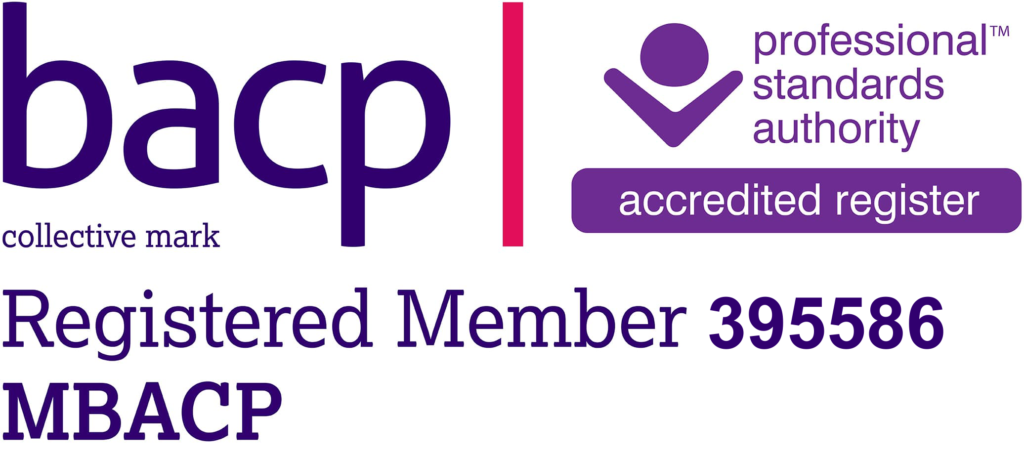What can I get counselling for?

Written by
Andrea Binks

If you’re feeling overwhelmed or struggling with a difficult life event, you might be wondering if counselling could be helpful for you. Counselling, also known as therapy or psychotherapy, is a process that involves working with a trained mental health professional to explore your thoughts, feelings, and behaviours in a safe and confidential setting. The goal of counselling is to help you better understand and manage your emotions and behaviours, and to develop coping strategies for dealing with challenges.
Counselling can be helpful for a wide range of issues, including but not limited to:
-
- Stress and anxiety: If you are feeling overwhelmed by stress or struggling with anxiety, counselling can be a helpful way to learn coping strategies and manage your symptoms.
-
- Depression: If you are feeling depressed or down, counselling can help you explore the underlying causes of your depression and develop strategies for improving your mood.
-
- Relationship problems: If you are having problems in your relationships, whether it be with a romantic partner, family member, or friend, counselling can be a helpful way to work through conflicts and improve communication.
Counselling can be a helpful resource for anyone who is struggling with a mental health issue or difficult life event and is looking for support in managing their emotions and coping with challenges. A counsellor or therapist can work with you to identify the underlying causes of your difficulties and develop strategies to improve your mental health and overall well-being.
For example, consider Linda, a 35-year-old woman from the UK who has struggled with anxiety for most of her adult life. Linda decides to seek the help of a therapist and, with the support of her therapist, is able to identify and challenge the negative thought patterns that contribute to her anxiety. She also learns new coping strategies that help her manage anxiety and stress more effectively. Over time, Linda’s anxiety begins to dissipate, and she starts to feel more positive and hopeful about the future.
Or consider John, a 40-year-old man from the UK who is struggling with addiction. John decides to seek the help of a counsellor and, with the support of his counsellor, can explore the underlying causes of his addiction and develop a plan for recovery. With the help of counselling, John can successfully overcome his addiction and improve his overall well-being.
As these examples illustrate, counselling can be a very effective treatment for a wide range of issues. If you are struggling with a mental health issue or difficult life event and are looking for support, don’t hesitate to seek the help of a mental health professional. With the right treatment, it is possible to manage your emotions and challenges and improve your overall well-being.




